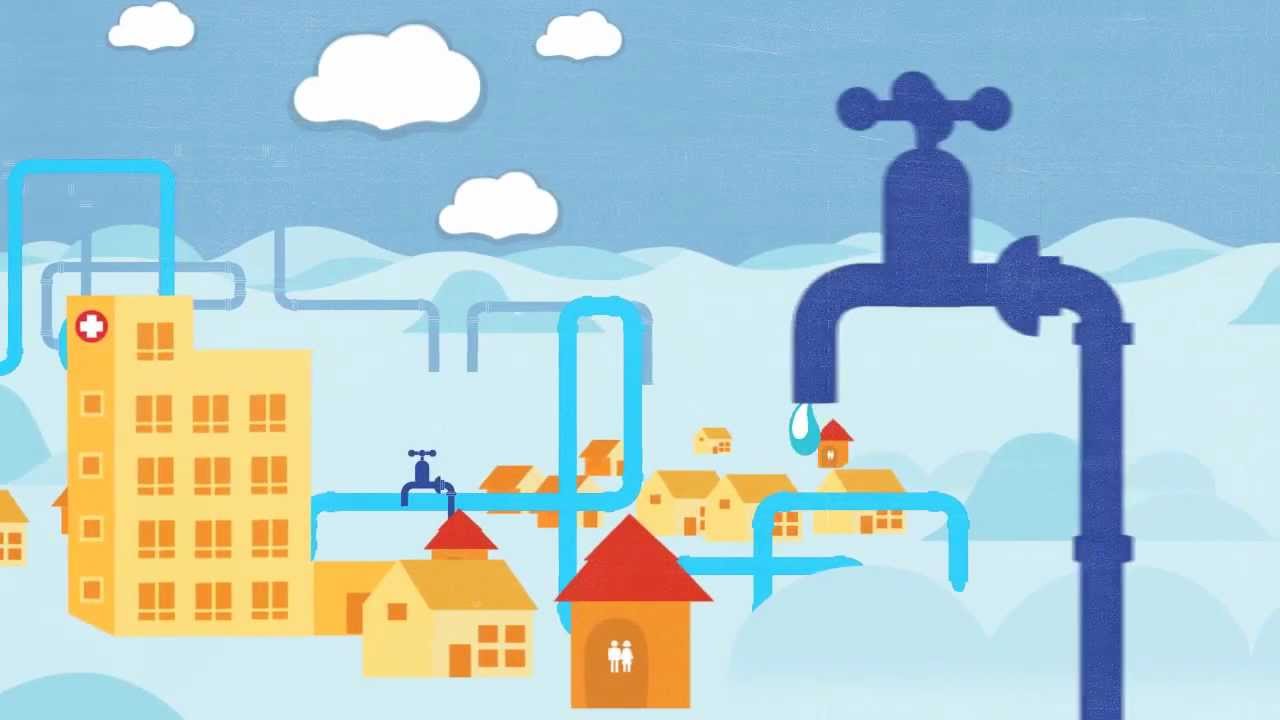Mon-Sat 9am-7pm



















A career as water manager needs to provide clean water, preventing flood damage, and disposing of sewage and other wastes. He or she also repairs and maintains structures that control the flow of water, such as reservoirs, sea defense walls, and pumping stations. In addition to these, the Manager has other responsibilities related to water resource management.
The role of water manager is to develop new systems and equipment for the management of water resources in a town. These systems are designed to ensure that the residents have access to safe and clean drinking water. He or she is also responsible for designing and building various components and systems that are used to collect and transport wastewater. The role of water manager includes pipelines, pumping stations, sewers, and force mains. He or she is also responsible for analysing and recommending the use of various wastewater treatment methods.
A water Manager is responsible for analysing the cost-benefit of various water system projects, such as water supply systems, wastewater treatment plants, and runoff collection networks. He or she is also tasked with gathering and analysing data on the use of water to forecast the future demand. Water managers are also required to perform calculations related to the underground and surface water resources. They are also responsible for developing equipment that can be used in the treatment of wastewater. They are also tasked with selecting plans for new water efficiency programs or projects.

In this section we will discuss, How to become a Water Manager We have listed below the Water Manager eligibility required to opt for a career as Water Manager. Students who have completed their 10th standard with a minimum of 60 percent in aggregate are required to take up compulsory subjects such as mathematics, physics, and chemistry. To secure admission to state and national universities, candidates must have a minimum score of 75 percent.
02Step
After completing the 10+2, candidates are required to take the entrance exam to get into the various bachelor's programs in management and technology in the country. There are a wide variety of institutes that offer these programs. To be eligible, a student's candidature should be evaluated and assessed according to the criteria set by the universities. The most common entrance examinations in the country are the Common Eligibility Test (CAT) and the Joint Engineering and Technology Examinations (JEET).
Popular Entrance Examination
03Step
To become a civil engineering major, candidates need to have at least 60 percent of their degree from a recognized university in India. They can also pursue an integrated course that combines water resource engineering and civil engineering.
Popular Bachelor Degree Programs
|
Integrated B.E (civil engineering + water resource engineering) |
04Step
After successfully completing their bachelors degree, students are required to pursue a water engineering course. This discipline is focused on the study of water resource management.
|
M.E./M.Tech. water engineering and management (PG course) |
M.E/M.Tech water resource management |
Bridge Manager: A bridge Manager is a specialist in the field of civil manager that focuses on the design and construction of structures that are used to manage water resources. These professionals typically work in teams and are responsible for overseeing the various activities involved in the production and maintenance of water resource equipment. The average monthly compensation for these professionals is around Rs. 25,000.
Hydrological Manager: A hydrogeological Manager is a specialist who specializes in analyzing and designing ponds that are made from discarded oil sands materials, as well as wells that are subjected to steam injection. He or she can also assess the subsurface water layers trapped in rocks. This field typically has an average monthly salary of around Rs. 35,000.
Construction Manager: A construction Manager is a professional who has a broad range of responsibilities and is responsible for overseeing the design, development, and maintenance of projects. They also perform various tasks such as analyzing data and conducting investigations. The average monthly compensation for a construction professional with an intermediate level is around Rs. 50,000.
Project Manager: A project manager is a professional who is responsible for overseeing the activities of on-site construction crews. He or she is also responsible for negotiating with the various subcontractors and ensuring that the materials are delivered to the clients on time and in accordance with the project's specifications. The average salary for a project manager in a construction firm is around Rs.1 lakh per month.
The water resource management professionals have a great contribution to society as they not only take care of the smallest water body but also about the large water bodies too.
| PROS |
|---|
| Suitable for people who likes to solve problems mentally |
| Suitable for people who values achievements and are results-oriented |
| This career is perfect for people who love to work indoors. |
| One of the highest paid careers in the world |
| CONS |
|---|
| Not suitable for people who likes to help and teach others |
| It is hard to get into this career. A considerable amount of work-related skill, knowledge, or experience is required for this career. |
| Long working hours (More than 40 hours per week) |
Analytical Skill: A good water Manager should have the necessary analytical skills to effectively carry out their duties. This can be done by identifying the design elements that will help in developing a safe and efficient water resource management project. Besides being able to analyze and interpret data, a water Manager should also have the necessary decision-making and problem-solving abilities.
These skills help water managers to improve their productivity and success. Having a clear understanding of what goes on during a problem-solving process can help them avoid making mistakes and ensuring that their work is carried out properly. Those with strong analytical abilities are also often able to quickly identify and resolve issues.
Communication Skill: Regardless of the industry you work in, having good communication skills is very important for any person working in water management. This job involves working with various teams and having to communicate effectively with others. Having this skill is also beneficial for written and verbal communication. Having a well-defined communication strategy is very important to ensure that your messages are being delivered effectively. There are a wide range of forms that can be used to communicate, such as e-mails, presentations, and written materials.
Attention to details: As a water manager, you are responsible for overseeing the operations of construction facilities. You are required to pay close attention to the details of the project and ensure that the activities are carried out in a safe and responsible manner. This individual also has to make sure that the people working in the facility are protected from the elements.
Logic: The role of a water Manager is to design complex systems that are designed to meet the needs of the water resource management industry. He or she must be able to analyze the information and make logical decisions so that other people can follow their instructions. This process can be carried out through the use of various cognitive techniques such as reasoning and concepts. One of the most important factors that a water Manager must consider when it comes to solving problems is the use of reasoning. There are various kinds of problems that can be encountered in the field of water management, and they require a lot of thought and planning.
Mathematical skill: As a water manager, one's mathematical skill is required to use the various advanced topics in math such as calculus and trigonometry to perform their duties. This individual needs to make various calculations in order to improve their skills and make their studies more feasible.
Attention to safety: It is important for water managers to maintain high standards when it comes to safety. Doing so can help prevent damage to a construction site that can have detrimental effects on the environment and the people living around it.
Teamwork: Being able to work with other teams is a skill that a water Manager should have in order to be successful in his or her job. As a water manager, you are required to work with various groups in order to carry out the tasks that are needed to run a construction site.
Call us at +91 9205084085, Monday - Friday, 9 am - 7 pm


